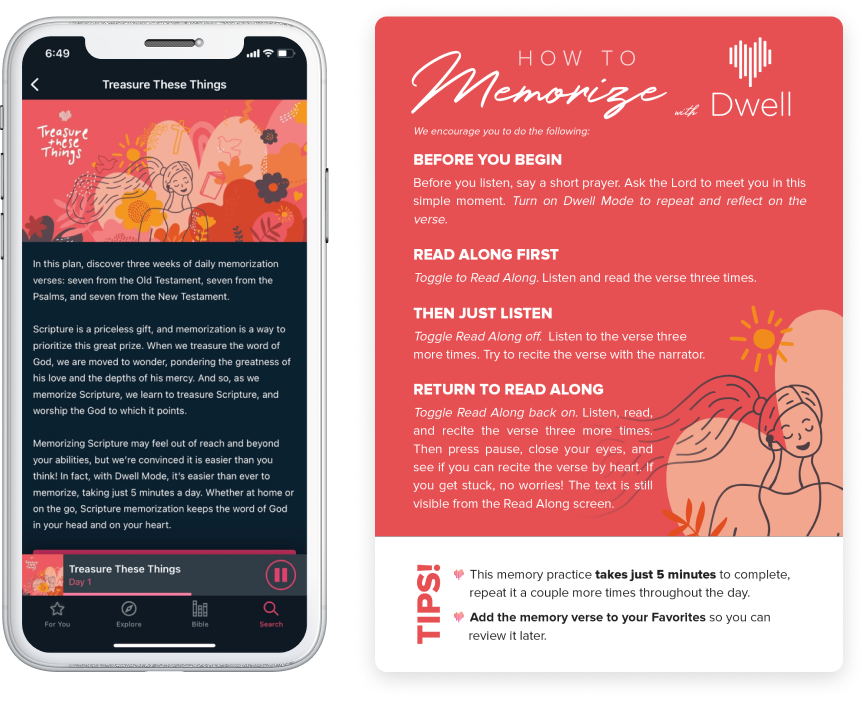Known and Loved
So often, we disconnect the letters of the New Testament from their deeply relational context.
Especially over the past few centuries, these letters have been placed “under the microscope,” so to speak. They are sliced, diced, and prepared into small samples, with each word or phrase subjected to a wide range of tests and analysis, hoping to uncover a previously unknown truth, unlocking the deep mysteries of life and faith in the process. And while we should all aspire to be careful and faithful students of Scripture, might it be that we’ve lost sight of their intended purpose?
This week, as we dive into the words of Sts. Paul, Peter, and John, we must remember that the recipients of these words were known and loved by these early leaders of the Church. When Paul wrote his beloved reflection on the fruit of the Spirit (Gal 5:22-26), he had specific men and women on his heart and mind that personified and revealed to the world these beautiful virtues. When he offered a word of correction or rebuke, it was not a general word of truth but a moment of tender but firm fatherly advice to his spiritual children (Eph 4:29-32).
Similarly, Peter’s reflection on the power of God to guard and protect his people brought comfort to a fledgling church in need of reassurance (1 Pet 1:3-5). Likewise, in times of great trial and difficulty, John encourages his beloved children to set their eyes on the future hope of the kingdom, “that when he appears we shall be like him” (1 John 3:2). On and on we could go, yet one thing is abundantly clear in these ancient words: the way of Christ is encountered, nourished, and sustained from within the community of faith.
The weight of life is too heavy to carry alone.
To be human is to be social, fashioned and formed in the image and likeness of a communal God — Father, Son, and Holy Spirit. We recenter and discover afresh this original design when we journey through life with other followers of Christ. At times, we will be invited to use our strength to support and carry them through seasons of pain and loss. In others, we may be the weak and needy members, learning to receive just as we learn to give.
Yet in each and every season, we look to the letters of the New Testament and remember afresh, we are called to know and follow Jesus Christ as we are known and loved by his body, the Church.




